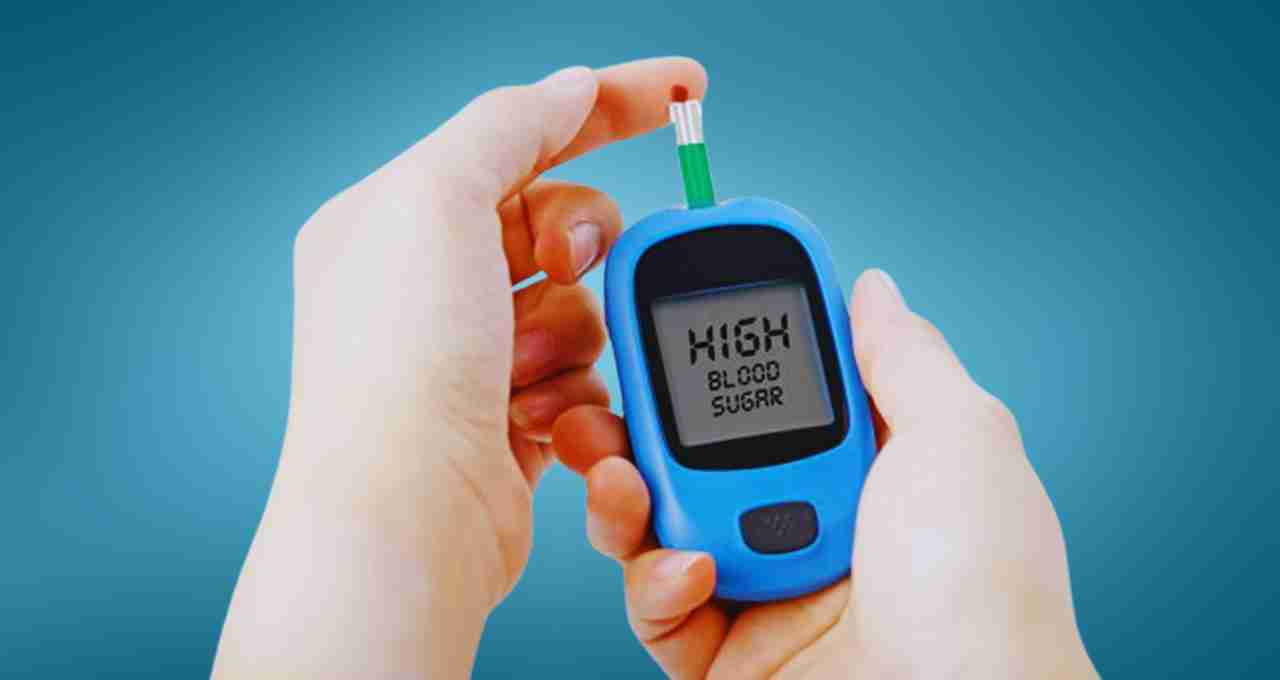Pregnancy is a crucial and sensitive phase in a woman's life. During this time, it is essential to not only take care of the mother's health but also ensure the safety of the developing baby. Diet, lifestyle, and overall health during pregnancy directly impact the health of the fetus. Specifically, if blood pressure or sugar levels rise above normal during this period, it can create serious health problems for both the mother and the child.
High Blood Pressure in Pregnancy: Pre-eclampsia
High blood pressure during pregnancy is known as hypertension. When blood pressure rises significantly after the 20th week of pregnancy, accompanied by protein in the urine, headaches, blurred vision, and swelling, it is called pre-eclampsia. This condition can be serious and, if left untreated, can endanger both the mother and the baby.
According to the World Health Organization (WHO), pre-eclampsia is a major cause of maternal mortality. In the United States alone, it causes the deaths of hundreds of thousands of women and newborns each year. This problem is also rapidly increasing in India.

Dr. Meera Pathak explains that in pre-eclampsia, the placenta does not develop properly, reducing blood flow from the mother to the baby. This affects the baby's development and can lead to several health complications after birth.
Gestational Diabetes: The Sugar Risk
Gestational diabetes, diabetes that develops during pregnancy, affects approximately 25% of pregnant women. It occurs when insulin levels in the body become imbalanced, causing elevated blood sugar levels.
Uncontrolled gestational diabetes can pose risks to both the mother and the child. According to the Mayo Clinic and the National Institutes of Health (NIH), this condition increases the risk of birth defects, premature birth, excessive birth weight, and stillbirth.
Risks Associated with High Blood Pressure and High Blood Sugar
Potential risks for the mother: High blood pressure or high blood sugar during pregnancy can lead to several serious complications for the mother, including pre-eclampsia and eclampsia, which can sometimes cause seizures. Furthermore, it reduces blood flow to the uterus, preventing the baby from receiving essential nutrients. It can also affect the health of vital organs such as the kidneys, heart, and liver. Additionally, it increases the mother's risk of developing heart disease and diabetes in the future.

Potential risks for the baby: High blood pressure and high blood sugar can hinder the baby's development, leading to low birth weight. It can also cause premature birth, which is dangerous for the baby's health. The baby may experience breathing difficulties at birth and may develop serious heart or brain conditions. In addition, birth defects or excessive birth weight can lead to complications during delivery, endangering both the mother and the child.
Why is it important to pay attention to the symptoms?
Recognizing the early symptoms of high blood pressure or high blood sugar during pregnancy and contacting a doctor promptly is crucial. Seek immediate medical attention if you experience the following symptoms:
- Frequent headaches or dizziness
- Blurred vision or flashing lights
- Swelling in the hands and feet, especially in the face and legs
- Frequent vomiting or abdominal pain
- Unusual changes or burning sensation in urination
- Excessive fatigue or weakness
Preventive Measures and Control

Several important steps can be taken to control high blood pressure and high blood sugar during pregnancy:
- Regular checkups: Pregnant women should regularly visit their doctor for blood pressure and blood sugar checks. This helps in early detection and timely treatment.
- Healthy diet: Consume a balanced and nutritious diet. Avoid fried foods, excessive salt, sweets, and junk food. Eat fresh vegetables, fruits, whole grains, and protein.
- Regular exercise: Engage in light exercise or yoga as advised by your doctor. This improves blood circulation and helps in weight management.
- Reduce stress: It's important to reduce mental stress during pregnancy through techniques like meditation or ensuring sufficient sleep.
- Proper medication: Take prescribed medications without any changes and monitor your health regularly.
- Avoid smoking and alcohol: Completely avoid these during pregnancy as they are harmful to the baby.
Why is a doctor's advice essential?
High blood pressure or high blood sugar during pregnancy should never be taken lightly. Gynecologist Dr. Meera Pathak explains that if these problems are not treated promptly, pre-eclampsia and gestational diabetes can seriously endanger both the mother and the baby. Therefore, pregnant women should take medication only as advised by their doctor and undergo regular checkups. Regular checkups allow for early disease detection and appropriate treatment, ensuring the safety of both mother and child.
Controlling blood pressure and blood sugar during pregnancy is extremely important for the health of both mother and child. These risks can be avoided with proper diet, regular exercise, timely checkups, and doctor's advice. Following these precautions is every woman's right and responsibility to make pregnancy a beautiful and joyful experience.














